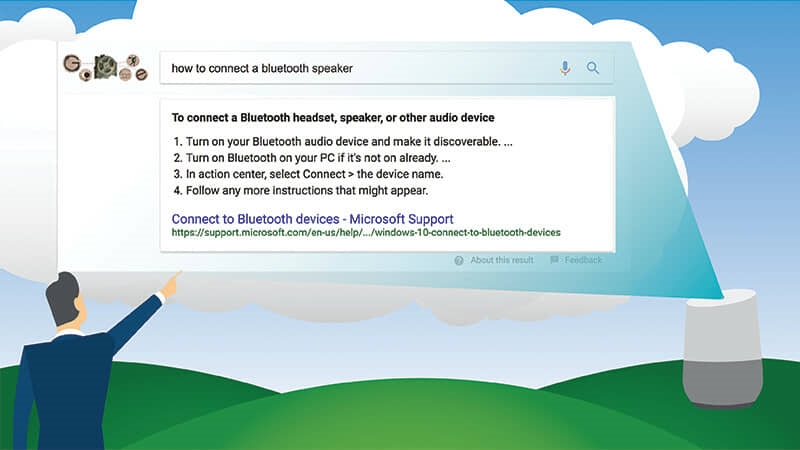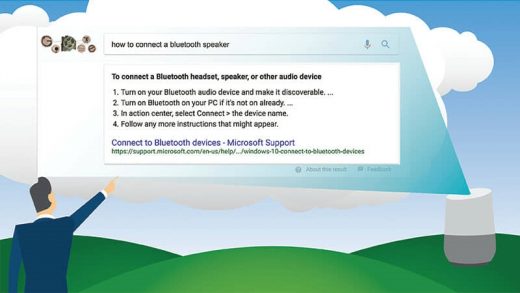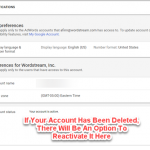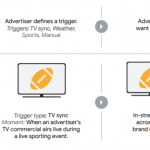Google To Serve More Than One ‘Featured Snippet’ Per Question In Search
Google To Serve More Than One ‘Featured Snippet’ Per Question In Search
by
Laurie Sullivan @lauriesullivan, January 31, 2018
Looking to provide an unbiased view in search results, Google will increase the number of featured snippets served per search query to provide diverse points of
view for those searching for information.
The company believes that showing more than one featured snippet may also be helpful when contradictory information is served. This sometimes happens when someone phrases a question in different ways when asking about the same thing.
Why is the sky blue? How did the Romans tell time? “Featured snippets” are a condensed explanation of the question asked in a search query that Google serves in results at the top of the page. The answers can serve up in text or video, but all come from third-party websites such as publishers.

“For instance, people who search for ‘
are reptiles good pets‘ should get the same featured snippet as ‘are reptiles bad pets‘ since they are seeking the same information: how do reptiles rate as pets?,” according to Google.
Featured snippets served can contradict each other because the system favors content that “strongly” aligns with the question asked. Publishers often provide diverse perspectives, which Google wants to provide.
But the answers are often uninformed and damaging, providing a skewed point of view that can make the answers seem biased. Diverse perspectives would help to bring a more balanced view of the information plucked from the internet and help information seekers obtain a more rounded view.
In one example, when asked to name “the worst CEOs of all time,” Google served up the names and photos of 11 chief executive officers, such as Gordon Bethune of Continental Airlines and Robert Nardelli of Home Depot, according to one
Google, along with adding another featured snippet in search results, released an update to its
Search Quality Rater Guidelines for featured snippets in an effort to provide information seekers with multiple viewpoints.
As part of an effort that began last year, the change is intended to prevent information seekers from receiving incorrect information — or a ridiculously silly answer to a serious question.
Google is also working to flag low-quality webpages that can serve up misleading information, unexpected offensive results, hoaxes, and unsupported conspiracy theories. If detected, Google’s technology may opt not to serve a featured snippet. “Even when a featured snippet has good content, we occasionally appear to goof because it might not seem the best response to a query,” according to Google.
Google said it is also considering ways to better communicate when the company serves up a featured snippet that is not exactly related to the query, but close enough to find the information requested.
The snippet, possibly called “near-match,” would serve up in some “limited situation” to clarify a near-match features snippet.
MediaPost.com: Search Marketing Daily
(21)













